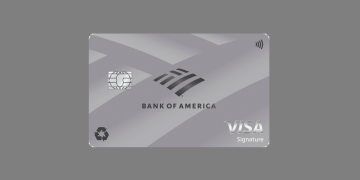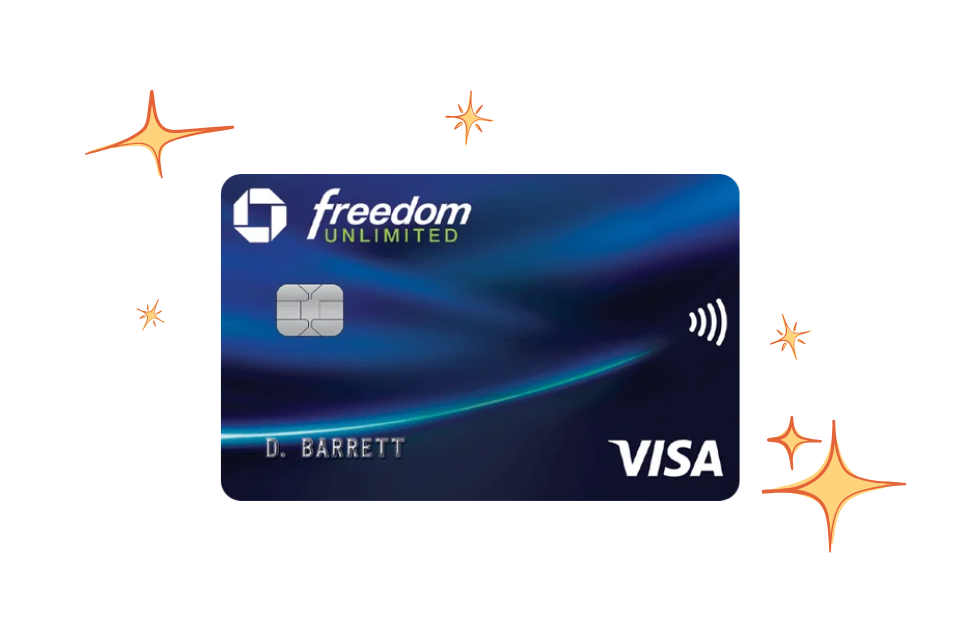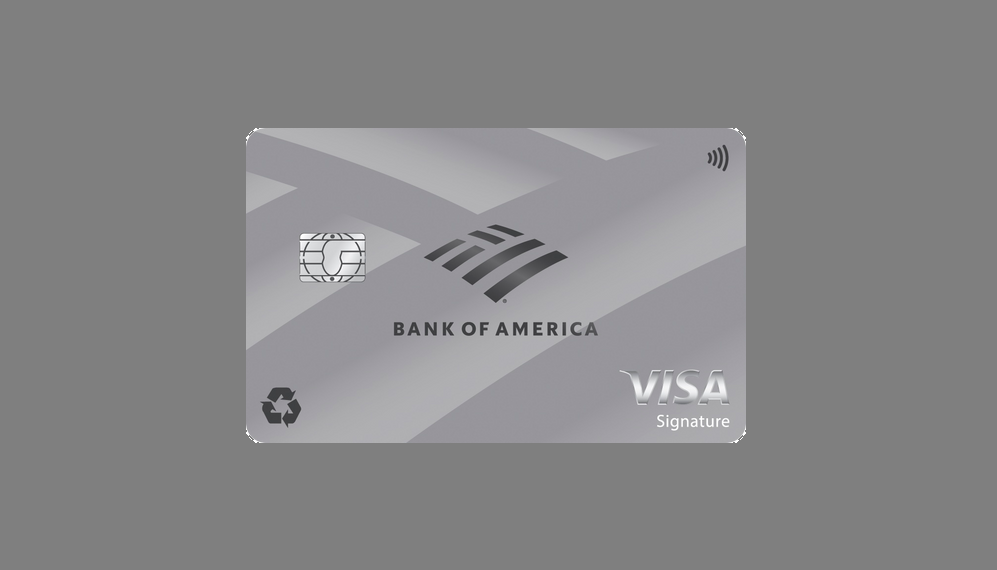How to Choose the Ideal Credit Card for Your Lifestyle

Choosing the Optimal Credit Card for Your Needs
In the ever-evolving financial market, making an informed decision regarding credit cards is essential for managing your finances effectively. Each credit card comes with unique features and benefits, making it critical to analyze various options before settling on one that best meets your personal financial landscape.
Evaluate Rewards Programs
One of the predominant factors in selecting a credit card is the rewards program. Many issuers provide rewards in the form of points, miles, or cash back for every dollar spent. To maximize benefits, pinpoint the spending categories you frequently engage in—such as travel, dining, or groceries. For example, if you are a frequent traveler, cards like the Chase Sapphire Preferred and the Capital One Venture Rewards may offer travel points that can lead to significant savings on flights and hotel stays. Conversely, if you dine out often, a card like the American Express Gold Card, which provides substantial points on restaurant purchases, could be more beneficial.
Understand Interest Rates
Another crucial factor in credit card selection is the Annual Percentage Rate (APR). The APR dictates the interest rate on any unpaid balance, and it can vary widely among different cards. A lower APR can lead to substantial savings, especially if you don’t pay off your balance in full each month. According to a 2023 report from the Federal Reserve, the average credit card interest rate was around 20%, emphasizing the importance of comparing rates. For those who occasionally carry a balance, a card like the Citibank Diamond Preferred, which offers a 0% introductory APR for the first 18 months, could be advantageous.
Be Mindful of Fees
Credit cards can sometimes come with a host of fees that can diminish your financial benefits. Annual fees, foreign transaction fees, and late payment penalties are all considerations that should not be overlooked. For instance, cards with no annual fees can often be a sensible choice for those who plan to use their card less frequently. On the other hand, premium cards with annual fees may offer higher rewards and benefits that outweigh their costs, particularly if you utilize the perks frequently. It is essential to comprehensively review the fee structure to ensure it aligns with your financial habits.
Analyze Your Spending Patterns
Before finalizing your credit card choice, conducting an in-depth analysis of your spending patterns and long-term financial goals is key. Your lifestyle, whether it includes frequent travel or daily grocery shopping, should guide your decision. For instance, someone who regularly travels internationally may prioritize a card with no foreign transaction fees and travel rewards, while a suburban family might benefit from cash-back options on groceries and gas. Ultimately, the right credit card can enhance your purchasing power and align seamlessly with your financial strategy, enabling you to make the most of your spending.
In conclusion, by carefully considering the various aspects of credit cards, including rewards programs, interest rates, and associated fees, individuals can navigate the options available in today’s financial landscape. With thoughtful analysis and a clear understanding of your own financial goals, you can select a credit card that not only fosters responsible credit usage but also enriches your daily spending experiences.
DIVE DEEPER: Click here to learn more
Identify Your Financial Goals
To choose a credit card effectively, it is crucial to first identify your financial goals. Understanding these goals can help you select a card that complements your lifestyle and financial habits. Begin by considering what you hope to achieve with a credit card. For instance, if you travel frequently, you might prioritize accumulating rewards, such as airline miles or hotel points, which can yield significant savings on travel expenses. Alternatively, if improving your credit score is your primary objective, you may focus on cards that report to credit bureaus, offer credit-building features, or provide educational resources on credit management.
Moreover, think about your everyday expenses. If you often spend on groceries or gas, seeking a card with enhanced cashback rewards in these categories can be beneficial. By establishing clear financial goals, you can pinpoint the specific features and benefits that are most relevant to your needs, making the selection process more efficient.
Choose Between Secured and Unsecured Cards
Another crucial consideration is whether to opt for a secured or unsecured credit card. Secured cards are designed for individuals with limited or poor credit histories. These cards require a cash deposit that typically serves as your credit limit, making them a safer option for lenders. For example, if you deposit $500, that amount will be your credit limit. This structure not only helps lower the risk for the bank but also allows users to improve their credit scores with responsible usage over time.
Conversely, unsecured cards do not require a deposit and are usually available to those with better credit profiles. They typically come with higher credit limits and additional rewards or benefits. Assessing your credit score will help you identify which type of card aligns better with your financial situation. You can obtain your free credit report annually from AnnualCreditReport.com, which can guide you in making informed decisions.
Review Additional Benefits and Perks
Beyond rewards and fees, many credit cards come with additional benefits and perks that can significantly enhance their overall value. It’s essential to consider these extras when selecting a card, as they can provide additional security and savings. Some common benefits include:
- Purchase Protection: This feature offers coverage against damage or theft of eligible items, allowing consumers to shop with peace of mind.
- Travel Insurance: Coverage for lost luggage or trip cancellations can be invaluable for frequent travelers, providing assurance against unexpected events.
- Access to Airport Lounges: Frequent travelers can benefit from complimentary access to lounges, enhancing their travel experience with added comfort and amenities.
- Extended Warranty: This protection extends the manufacturer’s warranty on purchased items, allowing consumers more time for repairs without additional costs.
Understanding these added benefits can provide an extra layer of protection and savings, further justifying the choice of a particular card.
Consider the Credit Limit
The credit limit is another fundamental aspect to review when selecting a credit card. A higher credit limit can enhance your purchasing power and help maintain a favorable credit utilization ratio, which is vital for maintaining a healthy credit score. Typically, it is advised to keep your credit utilization below 30% of your available credit. When reviewing options, take note of the average credit limits offered by various cards and assess how they align with your budget and spending habits. For instance, if you often make larger purchases, a card with a higher credit limit may be more practical for managing those expenses without negatively impacting your credit score.
In conclusion, choosing the ideal credit card entails a thoughtful process of self-assessment, including evaluating personal financial goals, differentiating between card types, and reviewing additional benefits. This level of due diligence is essential to ensure your credit card supports your unique lifestyle while promoting responsible financial management and long-term financial wellness.
DISCOVER MORE: Click here for insights on small-cap investments
Understand Interest Rates and Fees
When selecting a credit card, it is crucial to understand the interest rates and fees associated with it. The Annual Percentage Rate (APR) can vary significantly between cards and directly impacts the cost of borrowing. For those who intend to carry a balance from month to month, a lower APR is paramount to minimize interest charges. Conversely, if you plan to pay off your balance in full each month, interest rates may be less of a concern, but it is still essential to remain cognizant of potential costs.
In addition to interest rates, pay particular attention to other fees, including annual fees, foreign transaction fees, balance transfer fees, and late payment fees. Some cards offer no annual fee, which is particularly advantageous for infrequent users. However, premium cards may have higher annual fees but can also provide greater rewards and benefits that may offset those costs if used wisely. Understanding the fee structure of each card allows you to assess whether its benefits justify the expenditures.
Evaluate Reward Programs
Credit card reward programs can vary considerably between issuers, making it critical to evaluate the different types of rewards available. Common reward structures include cashback, travel points, and store-specific rewards. Cashback cards typically offer a percentage of your spending back as cash, which can be straightforward and beneficial for everyday purchases.
On the other hand, travel rewards cards often provide points redeemable for flights, hotel stays, and travel-related expenses. For individuals who frequently travel, these cards can dramatically enhance the travel experience, often providing bonus offers for signing up or spending a certain amount within the first few months. However, it is important to assess which airlines or hotels are affiliated with the card, as using rewards across non-partner providers may yield less value.
Additionally, some cards have tiered cashback rates, offering higher percentages in specific categories, while others focus on flat-rate cashback across all spending. Determine how you typically spend and select a card whose reward structure complements those spending habits.
Research Customer Service and Support
In today’s digital age, customer service and support can significantly impact your experience with a credit card issuer. Investigate the channels through which customers can receive assistance, such as phone support, online chat, or mobile app services. Read reviews and consumer feedback to identify issuers known for their effective customer service, particularly in how they handle disputes, fraud, and billing questions.
Some credit cards also offer concierge services for premium customers, which can enhance your overall experience by providing personal assistance with travel arrangements or lifestyle needs. The availability of robust customer support can provide peace of mind, especially in unfamiliar situations or emergencies while traveling.
Assess Card Issuer Reputation
The reputation of the card issuer is another key factor to consider when making your selection. A reputable issuer is likely to offer fair practices, transparency, and reliable support. Moreover, an issuer’s security measures against fraud should be a priority. Look for cards that deliver advanced fraud protection features, such as real-time alerts and zero liability for unauthorized transactions.
Finally, consider the issuer’s commitment to responsible lending and consumer education, as this can significantly affect your financial well-being over time. Aligning with a reputable institution can enhance your trust and security in using their credit products, leading to an overall better financial experience.
DISCOVER MORE: Click here to learn how cryptocurrency can enhance your portfolio
Conclusion
Choosing the ideal credit card for your lifestyle involves a comprehensive analysis of various factors, ensuring that the selected card aligns with your financial habits and needs. Begin by carefully assessing your spending patterns, as understanding how you typically use credit will guide you in selecting cards that provide optimal rewards and benefits tailored to your lifestyle. Evaluate the interest rates and fees attached to each card, keeping in mind how often you carry a balance and the potential costs you may incur.
Furthermore, the strength of reward programs and their alignment with your preferences – whether that be cashback, travel rewards, or others – is paramount. This alignment allows you to maximize your earnings and make the most of your expenditures. Additionally, it’s essential to consider the customer service reputation of the card issuer, as effective support can enhance your experience and offer essential assistance when needed.
Finally, prioritize the issuer’s overall reputation to ensure that you partner with a reliable institution that values transparency and consumer protection. Ultimately, a careful evaluation of these various considerations will empower you to select a credit card that not only complements your financial habits but also enhances your overall financial well-being. By making informed choices, you can confidently navigate the landscape of credit cards and leverage their benefits to suit your unique lifestyle.









